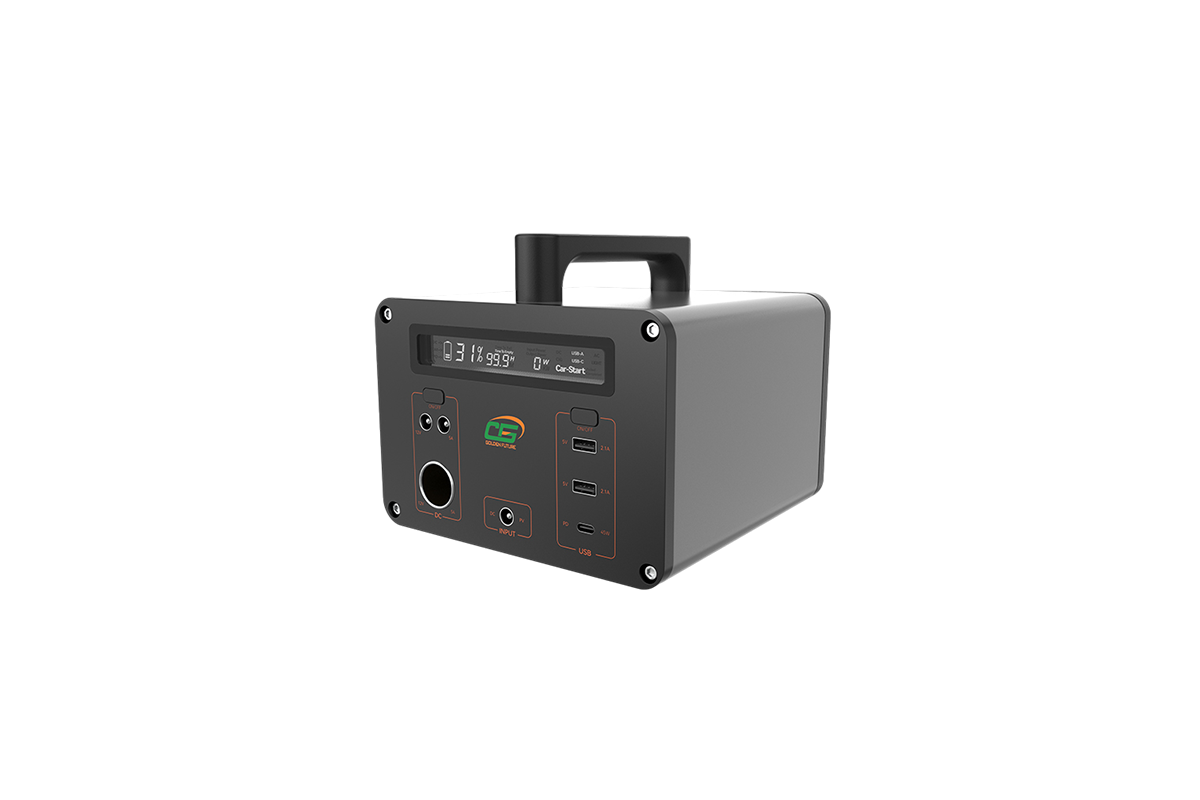

Time:2025-04-03 Views:1

Lithium - polymer batteries have emerged as a revolutionary force in the energy - storage landscape, primarily due to their remarkable high energy density. Energy density, measured in watt - hours per kilogram (Wh/kg) or watt - hours per liter (Wh/L), represents the amount of energy a battery can store relative to its mass or volume. Lithium - polymer batteries significantly outperform many traditional battery chemistries in this regard.
One of the key factors contributing to the high energy density of lithium - polymer batteries lies in their construction. Unlike traditional lithium - ion batteries that use liquid electrolytes, lithium - polymer batteries employ a solid or gel - like polymer electrolyte. This polymer electrolyte not only eliminates the need for a bulky separator, reducing the overall volume of the battery but also enables a higher packing density of active materials. The active materials in lithium - polymer batteries, typically lithium - based compounds, have a high specific capacity, meaning they can store a large amount of charge per unit mass.
Moreover, the use of lightweight materials in lithium - polymer batteries further enhances their energy - density advantage. The polymer electrolyte and the electrode materials are lightweight, allowing the battery to achieve a high energy - to - mass ratio. This makes lithium - polymer batteries particularly suitable for applications where weight is a critical factor, such as in portable electronics like smartphones, tablets, and wearable devices. For example, in a smartphone, a high - energy - density lithium - polymer battery can provide a long - lasting power source while keeping the device slim and lightweight.
In the aerospace and automotive industries, the high energy density of lithium - polymer batteries is also highly valued. In electric vehicles, a higher energy - density battery can increase the driving range without adding excessive weight to the vehicle. This reduces the energy consumption per kilometer and makes electric vehicles more competitive with traditional internal - combustion engine vehicles. In unmanned aerial vehicles (UAVs), lithium - polymer batteries enable longer flight times, expanding the applications of UAVs in areas such as aerial photography, delivery services, and environmental monitoring.
Overall, the high energy density of lithium - polymer batteries has opened up new possibilities in various fields, driving the development of more advanced and efficient electronic and transportation systems.
Read recommendations:
home energy storage all in one Solution